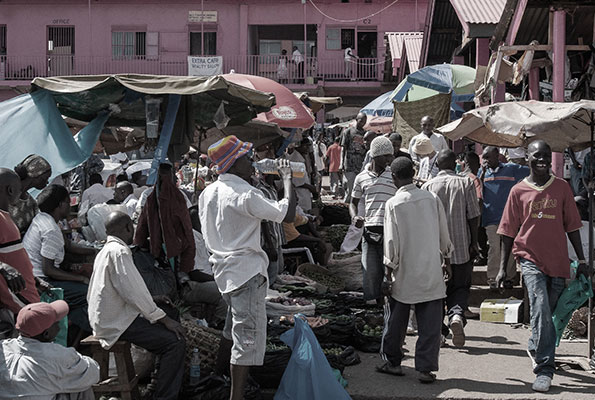According to a recent assessment, financial distress is in great danger of developing in about 60% of Africa’s low-income nations.
From the United Nations Conference on Trade and Development report it was recently found out that these places have record amounts of private and public debt (UNCTAD).
The intergovernmental organisation planned for improved cooperation among developing nations that might contribute to reorienting the world economy.
The COVID-19 pandemic had a severely detrimental effect on the state of Africa’s government debt.
Over 20 African nations were either in debt difficulty or at risk of it as of February 2022.
Repercussions of global slowdown
According to the estimate, global economic growth would slacken to 2.2% in 2022 and 2.3% in 2023.
According to the analysis, low-income and middle-income nations in Africa will experience some of this year’s most severe slowdowns.
The danger of economic instability in seriously indebted emerging nations is increasing due to climate shocks.
Foremost central banks are significantly increasing interest rates, endangering to completely halt growth and making it more complicated for deeply leveraged companies, people, and governments to survive.
UNCTAD warned that a global recession could potentially cause more harm to African nations than either the 2008 financial crisis or the COVID-19 shock in 2020.
According to UNCTAD research, Africa’s economic activity is predicted to grow by a moderate 2.7% in 2022 and 2.4% in 2023. This comes after a 5.1% recovery in 2021.
This is due to several recent issues, such as elevated food and fuel costs on the global market, financial shocks brought on by the stronger-than-expected tightening of monetary policy in advanced economies, and significant threats of food insecurity in many areas of the region.
The report’s authors noted that, as a result, 58 million more Africans would be forced into extreme poverty by 2022.
The report found that 16 low-income African nations were deemed highly vulnerable to debt distress by the International Monetary Fund (IMF) and World Bank towards the end of 2021.
It further stated that Zimbabwe, the Republic of the Congo, Mozambique, Sao Tome and Principe, Somalia, and Sudan were already in a debt crisis.
According to the Trade and Development Report 2022, released on October 3, 2022, Ghana and Tunisia are in discussions with the IMF for emergency loans.
According to the UN Food and Agriculture Organization, 33 African nations require food aid abroad. In 18 of these economies, severe food insecurity is expected to worsen in the coming months.



